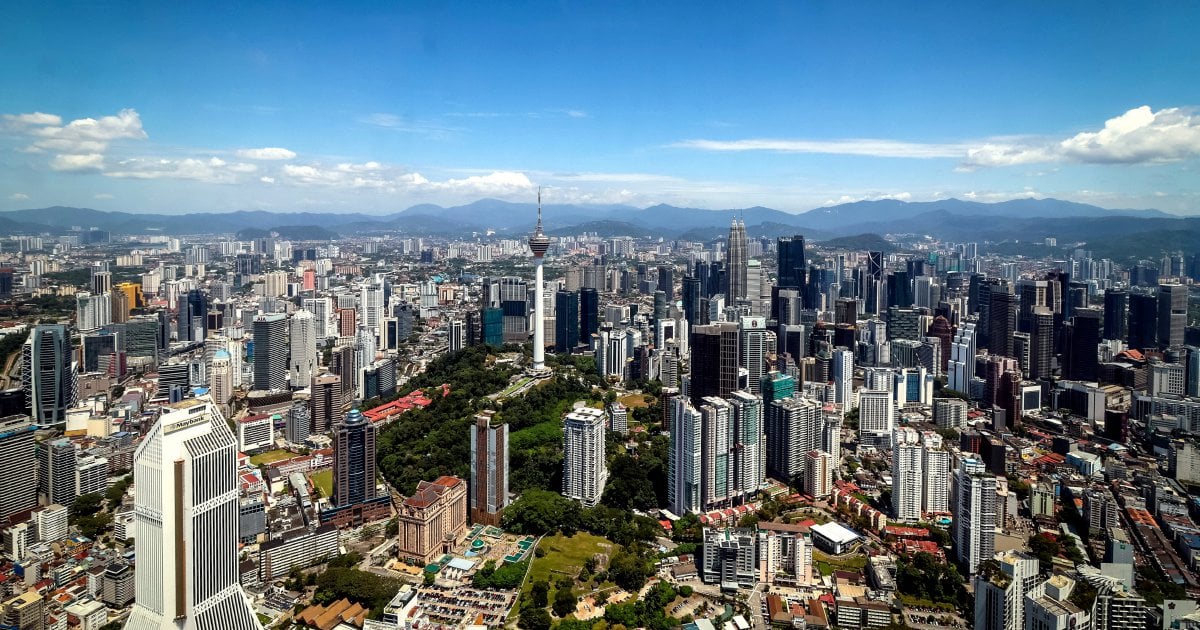CYBERJAYA: Equinix Inc is eyeing the expansion of its data centre facility in Malaysia following the completion of its KL1 International Business Exchange (IBX) to meet the accelerating demand for digital infrastructure across the country.
Equinix managing director of Malaysia, Asia Pacific, Cheam Tat Inn said the company is in the early planning stage for its next data centre, dubbed KL2, after officially completing the second phase of KL1 data centre here.
“We have seen encouraging momentum over the past year, with both our Kuala Lumpur and Johor facilities gaining traction among local and international businesses.
“Completing KL1’s second phase within the first year of our operation in Malaysia signals our deep commitment to helping the nation become a strategic location in the region’s digital economy,” he said during a media briefing at KL1 data centre today.
According to Cheam, Equinix’s expansion in Malaysia represents a long-term investment in the nation’s digital growth.
In July last year, the digital infrastructure company announced the acquisition of land from Cyberview Sdn Bhd to expand its data centre capacity with an initial investment of RM23 million.
“With growing interest across both Kuala Lumpur and Johor, we remain focused on empowering businesses with high-performance, scalable and sustainable infrastructure that is globally connected and cloud enabled.
“We have interconnected Malaysia data centres (KL1 and JH1) with our existing data centre campus in Singapore via Equinix Fabric, creating a powerful cross-border digital ecosystem of more than 1,000 companies across cloud and network services, IT, financial services companies and enterprises within the region,” Cheam added.
The completion of phase two KL1 will add 450 cabinets to the facility since its launch in 2024 and will offer a total of over 4.5 megawatts (MW) capacity.
This expansion, combined with Equinix’s strong presence in Singapore and Johor as well as its forthcoming entry into Indonesia, the Philippines and Thailand, will allow businesses to interconnect and exchange data across the ASEAN region.
© New Straits Times Press (M) Bhd

